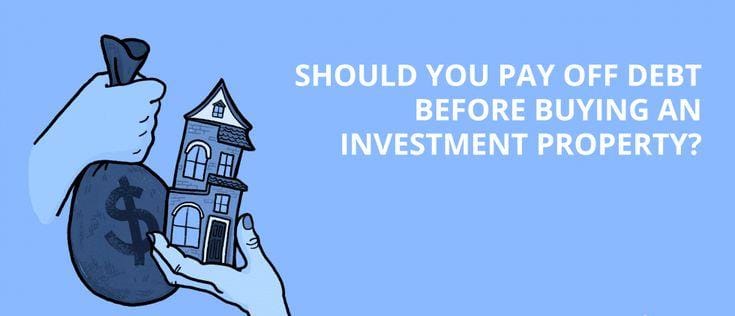Buying a home is one of the biggest financial decisions you’ll ever make, and the down payment is a crucial part of the process. Many first-time buyers struggle with questions like: How much do I need? Can I buy a house with a low down payment? How can I save faster?
In this guide, we’ll break down everything you need to know about down payments, including how they affect your mortgage, ways to save, and strategies to make homeownership more affordable.
What Is a Down Payment?
A down payment is the upfront cash you pay when purchasing a home. It’s a percentage of the total home price, and the remaining amount is covered by a mortgage loan.
Why Do Lenders Require a Down Payment?
- Reduces lender risk – The more you pay upfront, the less the bank has to lend.
- Lowers monthly payments – A larger down payment means a smaller loan and lower monthly installments.
- Helps avoid PMI (Private Mortgage Insurance) – If your down payment is less than 20%, lenders usually require PMI, which increases costs.
How Much Down Payment Do You Need?
The minimum down payment depends on the loan type and your financial situation:
| Loan Type | Minimum Down Payment |
|---|---|
| Conventional Loan | 3% – 5% |
| FHA Loan | 3.5% |
| VA Loan (Military) | 0% |
| USDA Loan (Rural) | 0% |
Should You Pay More Than the Minimum?
- Pros: Lower interest rates, no PMI, smaller monthly payments.
- Cons: Ties up cash that could be used for emergencies or investments.
How to Save for a Down Payment Faster
Saving for a down payment can feel overwhelming, but these strategies can help:
Set a Clear Savings Goal
Calculate how much you need based on your target home price (e.g., 10% of $300,000 = $30,000).
Cut Unnecessary Expenses
- Reduce dining out, subscriptions, and luxury spending.
- Use budgeting apps like Mint or YNAB to track savings.
Increase Your Income
- Side hustles (freelancing, Uber, tutoring).
- Sell unused items (eBay, Facebook Marketplace).
Down Payment Assistance Programs
Many states and nonprofits offer grants or low-interest loans for first-time buyers.
Low Down Payment vs. Large Down Payment: Which Is Better?
Low Down Payment (3% – 5%)
- Easier to enter the market
- Keeps cash available for emergencies
- Higher monthly payments & PMI costs
Large Down Payment (20% or More)
- No PMI & lower interest rates
- More equity from day one
- Takes longer to save
Common Down Payment Myths Debunked
Myth 1: You MUST Put Down 20%
- Truth: Many loans allow as little as 3% down.
Myth 2: A Bigger Down Payment Always Saves Money
- Truth: If mortgage rates are low, investing extra cash may yield higher returns.
Myth 3: Gifts Can’t Be Used for Down Payments
- Truth: Many lenders accept gifted funds (with proper documentation).
How Down Payments Affect Mortgage Rates & Approval
A higher down payment can:
Improve loan approval chances
Lower interest rates
Reduce long-term interest costs
Lenders see borrowers with larger down payments as less risky.
Final Tips for a Smart Down Payment Strategy
- Check your credit score (aim for 700+ for better rates).
- Compare loan options (FHA vs. conventional vs. VA).
- Get pre-approved to know your budget.
- Start saving early (automate deposits into a high-yield savings account).
Conclusion
Down Payment Basics: Initial cash payment when buying a home, expressed as a percentage of the purchase price.
Minimum Requirements: Ranges from 0% (VA/USDA loans) to 3.5% (FHA) or 3%-5% (conventional loans).
20% Ideal: Eliminates PMI, lowers monthly payments, and improves loan terms.
Saving Strategies: Budget cuts, side hustles, down payment assistance programs, and high-yield savings accounts.
Impact on Mortgage: Larger down payments = better rates, lower long-term costs, and stronger approval odds.
Myths Debunked: Gifts can be used; 20% isn’t mandatory; investing extra cash may beat interest savings.
Smart Move: Compare loan types, check credit, and get pre-approved early.
Understanding down payments is key to making a smart home purchase. While a 20% down payment has benefits, many buyers successfully use low-down-payment loans. The best strategy depends on your financial situation, home goals, and market conditions.
Our team specializes in helping buyers navigate down payments, mortgages, and finding the perfect home.
Contact Forsa For Real Estate survices





Join The Discussion